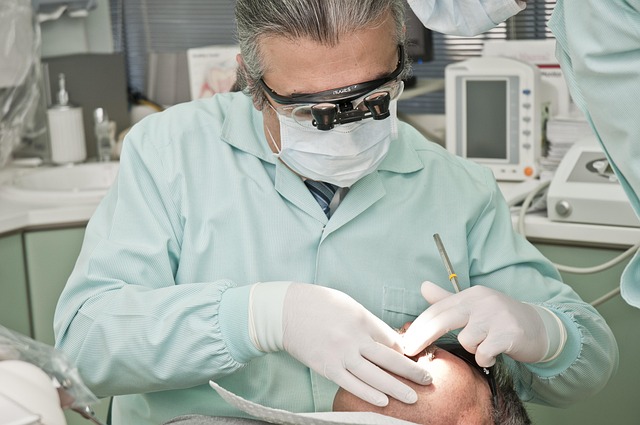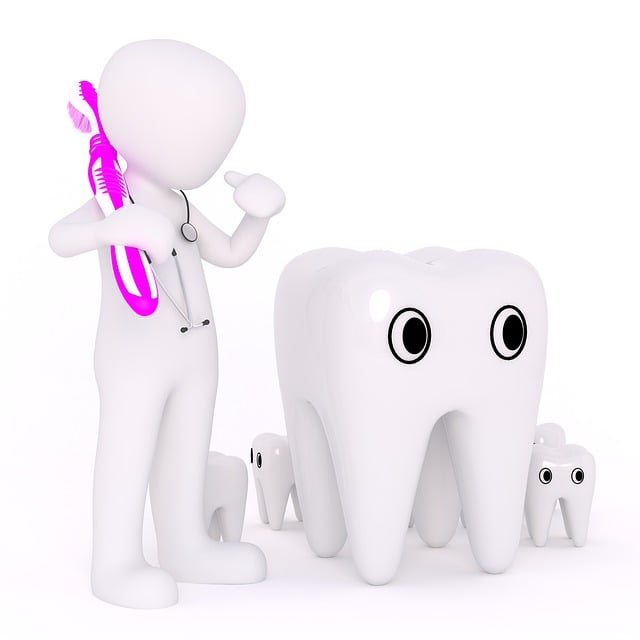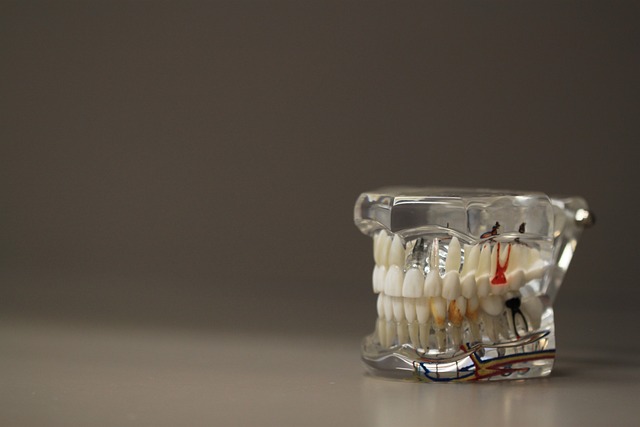Sedation dentistry in Eugene, Oregon, offers kids a comfortable and stress-free experience during dental procedures by using nitrous oxide, oral sedatives, or general anesthetics. These methods cater to children with anxiety, dental phobias, or special needs, promoting good oral hygiene habits from an early age. When choosing a sedation dentist, consider the type of anesthetic (conscious or general) based on complexity, age, medical history, and consultation. Post-procedure recovery involves rest and following aftercare instructions for optimal health. Select a qualified specialist with experience, credentials from recognized bodies, positive reviews, and a kid-friendly environment for your child's safety and well-being during dental care.
“Introducing Sedation Dentistry for Kids in Eugene, Oregon – a revolutionary approach to dental care for your little ones. This comprehensive guide explores the benefits of choosing a specialized sedation dentist, delving into various general anesthetic techniques used in pediatric procedures. From understanding the process to what to expect post-appointment, we equip parents with insights crucial for making informed decisions. Discover why opting for a sedation dentist in Eugene can transform dental visits into calmer, more comfortable experiences for your children.”
- Understanding Sedation Dentistry for Kids
- Benefits of Choosing a Sedation Dentist in Eugene, Oregon
- Types of General Anesthetic Used in Pediatric Sedation Dental Procedures
- What to Expect During and After a Sedation Dental Appointment
- Finding the Right Sedation Dentist: Tips for Parents
Understanding Sedation Dentistry for Kids

Sedation dentistry for kids involves using specific techniques and medications to help young patients feel relaxed and comfortable during dental procedures. This approach is particularly beneficial for children who experience anxiety or fear related to visiting the dentist. A sedation dentist in Eugene, Oregon, can offer various options tailored to each child’s unique needs, making dental care less stressful.
Common methods include nitrous oxide (often called “laughing gas”), oral sedatives, or even general anesthetic for more complex treatments. These methods aim to reduce anxiety and ensure children remain calm during examinations, cleanings, or procedures like fillings, extractions, or orthodontic work. By providing a soothing environment and addressing their concerns, sedation dentistry can make dental visits positive experiences for kids, fostering good oral health habits from an early age.
Benefits of Choosing a Sedation Dentist in Eugene, Oregon

Choosing a sedation dentist in Eugene, Oregon, offers numerous advantages for children who experience dental anxiety. With a general anesthetic dentist, kids can receive necessary dental treatments in a comfortable and stress-free environment. This approach is particularly beneficial for addressing complex procedures like fillings, cleanings, or even minor surgeries without the potential drawbacks of traditional methods, such as extreme fear or physical resistance.
Sedation dentistry provides a calm and controlled setting, allowing dentists to work efficiently while ensuring patient safety. It’s ideal for children who struggle with dental phobias, are highly active, or have special needs. By utilizing sedation techniques, parents can encourage their kids to maintain better oral hygiene and establish a positive relationship with dentistry from an early age.
Types of General Anesthetic Used in Pediatric Sedation Dental Procedures

When it comes to pediatric sedation dentistry in Eugene Oregon, understanding the types of general anesthetics used is crucial for parents seeking safe and effective procedures for their children. Sedation dentists employ various general anesthetics tailored to different dental needs and patient comfort levels. These include conscious sedation, where children remain awake but deeply relaxed, often using nitrous oxide (laughing gas) or oral sedatives like diazepam.
For deeper sedation, general anesthetics like propofol or etomidate are administered intravenously. These powerful anesthetics put children into a deep sleep during the procedure, ensuring they feel no pain and have minimal memory of the experience. The choice of anesthetic depends on factors like the complexity of the dental work, the child’s age, medical history, and comfort level determined through pre-procedure consultations with the sedation dentist.
What to Expect During and After a Sedation Dental Appointment

During a sedation dental appointment at a general anesthetic dentist in Eugene Oregon, parents can expect their child to be comfortably sedated throughout the procedure. A sedation dentist will administer a mild sedative or general anesthetic to ensure their child remains calm and still, allowing for a more relaxed and efficient dental experience. The specific method of sedation may vary depending on the child’s age, medical history, and the complexity of the procedure. Common techniques include oral sedatives, nitrous oxide (laughing gas), or IV anesthesia.
After the appointment, children typically recover slowly from the effects of the sedation. They may feel groggy or sleepy for a short period, so it’s recommended to arrange for a safe ride home and strict rest afterward. Most kids return to their normal activities within 24 hours, but specific aftercare instructions should be provided by your sedation dentist in Eugene Oregon. It’s crucial to follow these guidelines carefully to ensure a smooth recovery and maintain optimal oral health.
Finding the Right Sedation Dentist: Tips for Parents

Choosing the right sedation dentist for your child in Eugene, Oregon, is crucial to ensuring a positive dental experience. Parents should look for dentists who specialize in pediatric dentistry and have extensive experience with sedation techniques. Checking credentials and certifications from recognized organizations like the American Board of Dental Anesthesiology (ABDA) or the American Dental Association (ADA) is essential. Online reviews can provide valuable insights into the dentist’s approach, patient comfort, and success rate.
When interviewing potential dentists, ask about their training in pediatric sedation dentistry and the types of general anesthetic they use. Inquire about safety measures, emergency protocols, and post-procedure care instructions. A good sedation dentist should prioritize your child’s safety, comfort, and overall well-being throughout the process. Additionally, consider a dentist who offers a friendly, kid-friendly environment to help alleviate any anxiety or fears related to dental visits.
